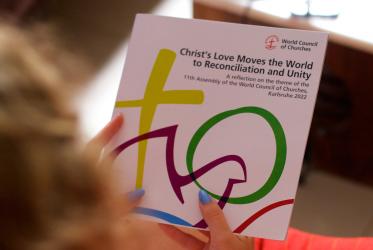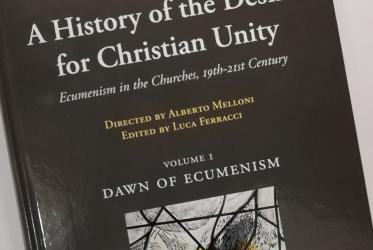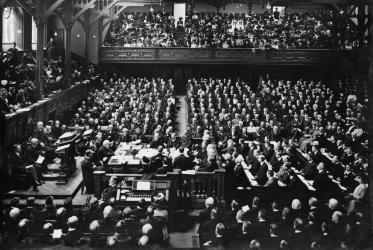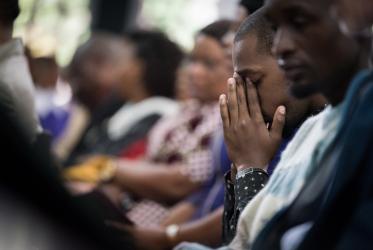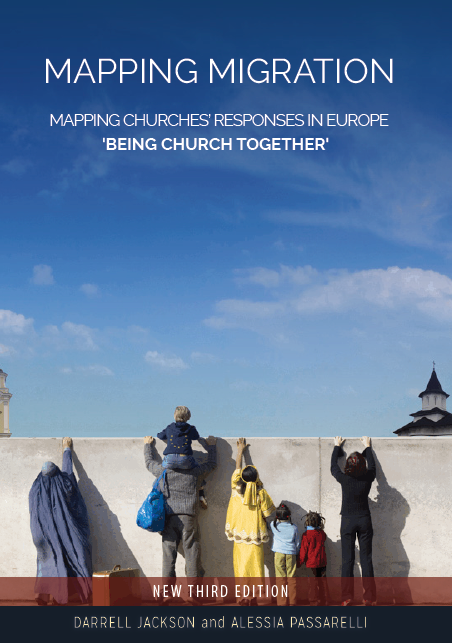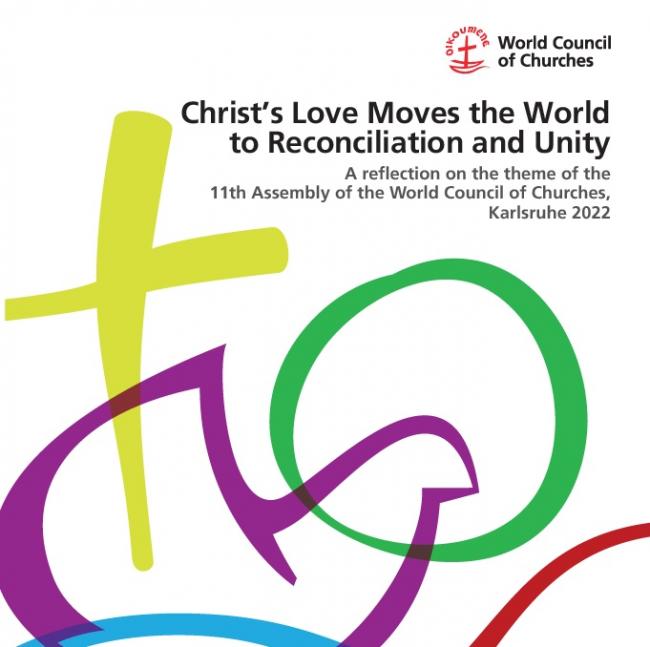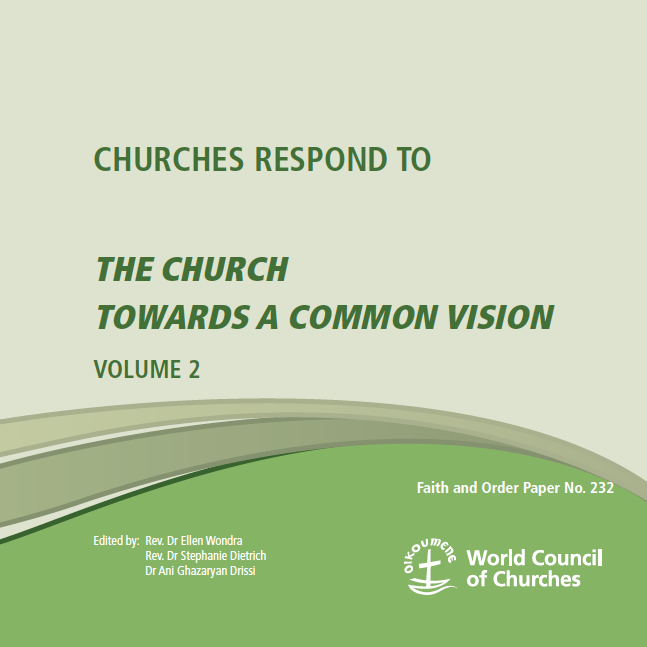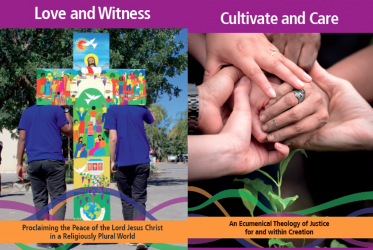Displaying 21 - 40 of 81
31 August - 08 September 2022
WCC Faith and Order webinar: "The whole people of God: the roles and ministries in the church”
02 December 2021
Online
Missiological conference - Centenary of the International Missionary Council
16 - 18 November 2021
Online
WCC Commission on Faith and Order Webinar: “The Church in and for the world - the Church in mission”
21 June 2021
https://us02web.zoom.us/webinar/register/WN_Qf7H2bOUTSCYpQzY8rjiIQ
Churches Respond To The Church: Towards A Common Vision Volume I
Faith and Order Paper No. 231
23 February 2021
Churches Respond To the Church: Towards a Common Vision Volume II
Faith and Order Paper No. 232
23 February 2021
WCC webinar “Common witness on environmental justice and religious pluralism”
18 February 2021
Online-By registration only
Love and Witness
Proclaiming the Peace of the Lord Jesus Christ in a Religiously Plural World
18 January 2021
Webinar - "The role of bilateral dialogues within the one ecumenical movement: experience and results"
27 October 2020
https://www.oikoumene.org/live
